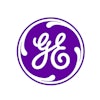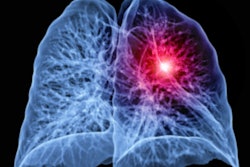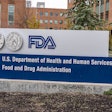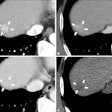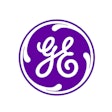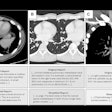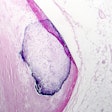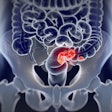
Based on revised recommendations from the U.S. Preventive Services Task Force (USPSTF), the U.S. Centers for Medicare and Medicaid Services (CMS) is considering an adjustment to its reimbursement policy for low-dose CT lung cancer screening.
 Sandy Coffta.
Sandy Coffta.CMS expects to complete its decision-making process before February 2022. In the meantime, many commercial payors have already expanded coverage by adopting the new recommendations.
Current Medicare reimbursement criteria requires that all of the following conditions are met:
- Age 55-77 years
- No signs or symptoms of lung cancer
- Either a current smoker or have quit smoking within the last 15 years
- Have a tobacco smoking history of at least 30 pack-years
- Screening must be ordered by a physician following a lung cancer screening counseling and shared decision-making visit.
Most commercial payors follow the same guidelines with occasional slight differences.
The new eligibility criteria recommended by the USPSTF lowers the recommended starting age for screening to 50 years and the smoking history to 20 pack-years (an average of one pack of cigarettes per day for 20 years).
In an unusual turn, commercial payors are ahead of Medicare in expanding coverage. We found that the following payors have already adopted the new guidelines, or are about to do so:
- GHI/Emblem
- Humana
- Healthfirst of New York
- Amerigroup/Wellmed
- Horizon BCBS of New Jersey
- BCBS of Delaware
- Horizon NJ Health
- United Healthcare (as of September 1, 2021)
- Oxford Health Plan (as of September 1, 2021)
This is not an exhaustive list, and others will likely be added especially once Medicare coverage is approved. Commercial coverage guidelines have been changed online at eviCore and AIM Specialty Health.
Low-dose CT (LDCT) Lung Cancer Screening is billed using current procedural terminology (CPT) code 71271, "Computed tomography, thorax, low dose for lung cancer screening, without contrast material(s)," which replaced Healthcare Common Procedure Coding System (HCPCS) code G0297 as of January 1, 2021.
The code G0296, "Counseling visit to discuss need for lung cancer screening using LDCT (service is for eligibility determination and shared decision-making)" is still used for the initial counseling and shared decision-making visit required by Medicare.
Medicare will reimburse CPT 71271 and G0296 when billed with the following International Classification of Diseases (ICD-10) diagnosis codes:
For a former smoker:
- Z87.891, Personal history of tobacco use/personal history of nicotine dependence
For a current smoker:
- F17.210 Nicotine dependence, cigarettes, uncomplicated
- F17.211 Nicotine dependence, cigarettes, in remission
- F17.213 Nicotine dependence, cigarettes, with withdrawal
- F17.218 Nicotine dependence, cigarettes, with other nicotine-induced disorders
- F17.219 Nicotine dependence, cigarettes, with unspecified nicotine-induced disorders
The evidence reviewed by the USPSTF shows that "screening can help many more people who are at high risk for lung cancer," said USPSTF member Dr. Michael J. Barry in a press release. "By screening people who are younger and who have smoked fewer cigarettes, we can save more lives and help people remain healthy longer."
Reports indicate that low-dose CT screening has been underutilized since its coverage was approved in 2015, perhaps due in part to the "shared decision-making process" that the American College of Radiology (ACR) and other interested groups would like to have eliminated in the revised Medicare criteria.
Compliance with recommended follow-up is a problem whether it is related to specific screening or when findings are incidental to other imaging. Radiology Business reports that less than two-thirds of lung cancer screening patients receive timely follow-up care, especially among Black, low-income or patients with mental health disorders, and the ACR has just issued new recommendations for managing incidental lung findings.
We will continue to monitor the adoption of this new standard, including actions taken by CMS that affect Medicare coverage.
Sandy Coffta is the vice president of client services at Healthcare Administrative Partners.
The comments and observations expressed are those of the author and do not necessarily reflect the opinions of AuntMinnie.com.




